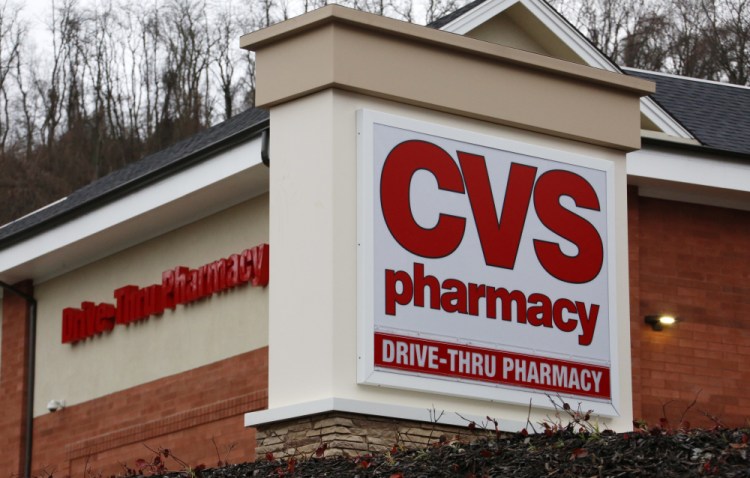America’s big health care problem is the one we rarely talk about: Health care costs too much.
Most of our debates have been about who pays the bills – government programs or private insurance – and not enough on how much all of us end up paying together, a number that is the highest in the world and continues to climb faster than inflation.
Given that reality, there is reason to be optimistic about the announced purchase of Aetna Insurance by CVS Health Corp. If handled correctly, the company could create a new model for delivering routine care at lower cost, taking pressure off insurance premiums and giving consumers some options that don’t now exist.
Drugstores are in every community. As retail businesses, they are accustomed to responding to their customers’ needs, and are open nights and weekends for the convenience of people who work. In recent years they have expanded their role by distributing flu shots.
What if the neighborhood drugstore was also a walk-in clinic? Instead of just being a place where you could get a flu shot, it could be a place you go when you have the flu.
It could also be a place where you could step on a scale, check your blood pressure and talk with a nurse practitioner, who could prescribe medicine.
CVS, with its 10,000 stores, envisions itself as a health care provider, not just a retail operation, which was the justification it gave last year for ending the sale of tobacco products.
It has expanded into the walk-in clinic business, including clinics it operates in Target stores. Last year it bought CareMark, a pharmacy benefit management firm that served as an intermediary between insurance companies and people with insurance.
After buying a health insurer like Aetna, CVS would be able to avoid some of the cost-shifting incentives that exist in the current system. For instance, a third-party pharmacy benefits manager could save money when patients with chronic conditions stop taking their medicine – never mind that it could lead to expensive hospital bills that someone else would have to pay. A company that pays the hospital bills, on the other hand, has a financial incentive to keep patients healthy, and with the clinics and pharmacies in-house, it would also have the ability to monitor and manage chronic conditions.
CVS and Aetna could be a company like that.
There is certainly a lot to know about this acquisition that has not yet been reported. Big health care consolidations have not always been consumer friendly. A dominant company could use its market power to drive out competition, and then increase prices to reward investors.
But it could also provide a lower-cost and more convenient option for busy people who need some care, but don’t need to see a doctor. This is an idea that is worth pursuing.
Send questions/comments to the editors.


